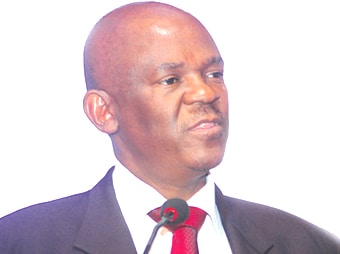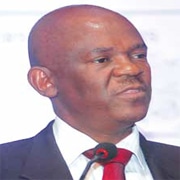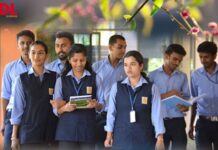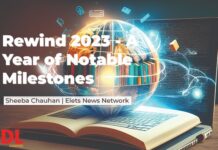

Dr Theophilus Mooko
Deputy Permanent Secretary, Ministry of Education and Skills Development, Republic of Botswana
The rising number of young people who are forced to remain out of work for long periods is indicative of a deeper malaise in the work programme
To make the most out of knowledge economy, we need a sustainable economic model that ensures fair distribution and efficient allocation of resources. It is imperative that our economic growth maintains a healthy balance with our ecosystem.
Internet and computer technologies are now essential tools of production that have expanded value creation capability from corporations and industrial complexes to individuals and networks. Application of ICT- based learning cycle brings more efficiency to the deployment of physical resources. The trend of increasing transparency of information and greater citizen participation also shapes the methodologies for a feedback system for a sustainable economy. The calibration mechanism for the Lisbon vision must include consistent, relevant, and comparable indicators that allow a high degree of participation and usefulness to a wide variety of users.
Youth unemployment across the globe has risen alarmingly. The rising number of young people who are forced to remain out of work for long periods is indicative of a deeper malaise in the work programme. In most countries, particularly in Africa, we have a challenge of (discourse) mismatch. We have been able to produce lot of graduates, most whom are now out in the streets. The challenge that we face today is to find a way of ensuring that we are able to not only deal with the current problem but also avoid similar situations in future.
Massive poverty and obscene inequality are terrible scourges of our times. Economic growth will not reduce poverty, improve equality and produce jobs unless it is inclusive. Inclusive growth is also essential for the achievement of the Millennium Development Goals (MDGs). The globalisation process, when properly managed, becomes an important ingredient for inclusive growth. There are also issues related to environmental sustainability. We talk about globalisation, but there are certain issues that make it difficult for certain communities to participate in the global economy.
View from Botswana
I come from a very small country called Botswana, where the population is only 2 million, and yet there is high youth unemployment. We are trying our best to work with our partners, to address this particular problem. Botswana has, since independence in 1966, maintained a stable democracy. A stable government and an expanding economy have made possible, a steady growth in the education system. Educational skills development needs to be demand driven and this means that we need a shift in the relationship between government and industry, between institutions and industry, so that we see the industry playing more prominent role in the development and delivery of programmes.
Today, in Botswana, we are able to access partnerships with some of the Indian universities, some programmes that are offered in this country. And, we believe that we need to see more, open up more partnerships and collaboration in different areas. Educational developments in Botswana can be attributed to two policies based on the findings of the Presidential Commissions of 1976 and 1993. The first National Policy on Education was adopted in 1977 and it focused on increasing access to education.
Finally, I want to emphasise on the importance of indigenous learning systems. Distance learning remains the only viable option for reaching out to dispersed groups of teachers in remote areas. Additionally, it is cost-effective and convenient for learners who cannot leave their work to study on full-time programmes.
Our Government has played its part by investing adequate financial resources for the creation of the Botswana College of Distance and Open Learning. Hopefully this will lead to our youth gaining the capability of accessing better employment opportunities.





















